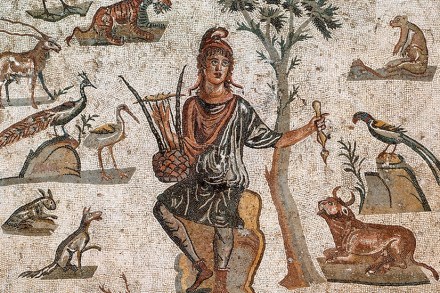The importance of feeling shame
In several homilies, the late Pope Francis spoke of the ‘grace of feeling shame’. What a strange idea! Nobody wants to feel shame. Adam and Eve, after all, first felt shame only after being expelled from the Garden of Eden. Shame was God’s punishment: they felt ashamed of what had never troubled them before, namely their nakedness and their sexual desires. But what the Pope meant, I think, is absolutely salutary for our age. Shamelessness is ubiquitous. It is the accelerant of social media that encourages us to narcissistically fire up our victimhood to a gimcrack blaze. It is why so many of us are chained to the brazen idea


